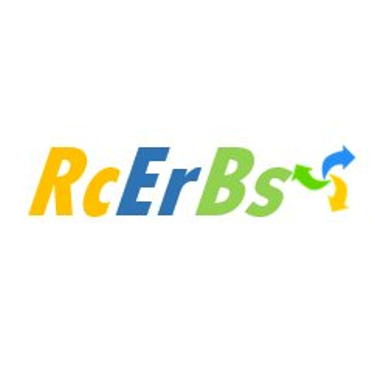Artificial Intelligence for Reconstruction: Communities from all over Ukraine tested the innovative “Project Navigator” in Lviv
10/20/20252 min read
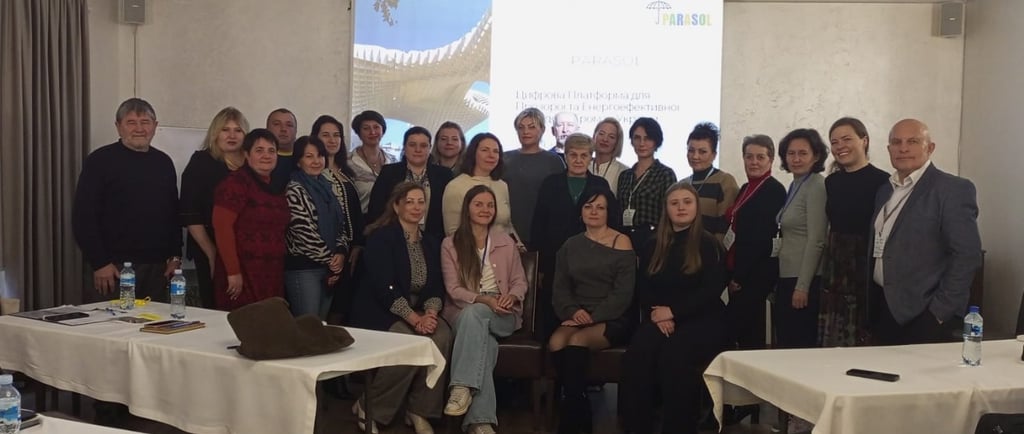

The Regional Center for Economic Research and Business Support (RCERBS) Foundation, with the support of Bankwatch Network, successfully conducted the final testing of the “Project Navigator” (PN) platform prototype on October 16 in Lviv.
The event brought together more than 30 key representatives of communities, government bodies, academia, and international organizations from all regions of Ukraine.
All participants — representatives of rural, township, and urban communities with varying levels of experience — actively worked with the online PN tool, demonstrating its practical value:
• They tested a sample project, completing the full cycle of capacity and project assessment.
• They tried the AI-powered feature for evaluating project proposals.
• They compared the scores obtained through self-assessment, expert evaluation (using an open methodology), and AI evaluation.
• Some communities were able to quickly test their real projects and took home reports with their assessment results.
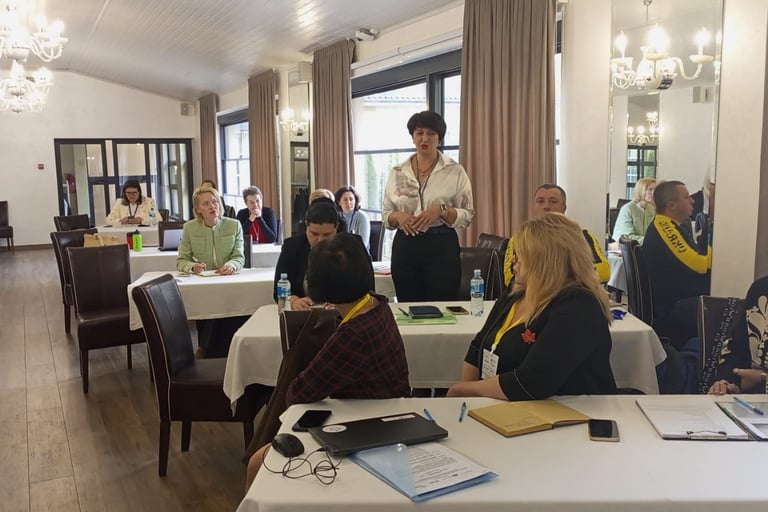

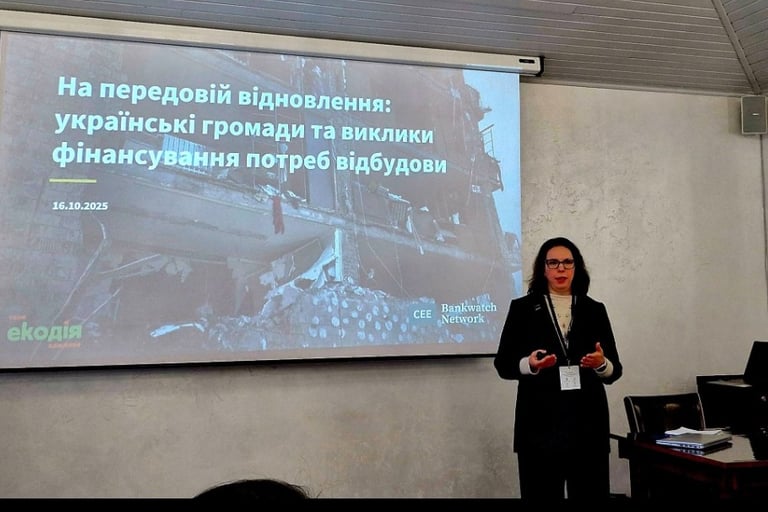

GEOGRAPHY AND PARTICIPANTS:
The testing highlighted the national scale of reconstruction efforts. Representatives of communities from various regions of Ukraine took part in the event:
• Dnipro region: Verbkivska, Pereshchepynska, Petropavlivska, and Yuriivska communities.
• South: Kobleve (Mykolaiv region) and Suvorove (Odesa region).
• West: Korets (Rivne region) and Novovolynsk (Volyn region).
• Center: Dolynska (Kirovohrad region), as well as researchers and NGO representatives from Kyiv, Poltava, and Kharkiv regions.
• Regional Development Agencies from Luhansk and Ternopil regions also actively participated in the discussions.
The PN testing was combined with an in-depth analytical session that provided a strategic context:
• Experts from the Ministry of Economy, the Institute for Economics and Forecasting of the National Academy of Sciences of Ukraine, and NaUKMA presented communities with a real picture of the key strategic challenges: Public Investment Reform, environmental issues, development of Waste Management Programs, and research on how institutional capacity affects access to recovery resources.
• Researchers and the Foundation presented the ongoing work on the Unified Index of Institutional Capacity of Communities — a joint initiative of NGOs and the National Academy of Sciences of Ukraine. This index aims to become a single benchmark for international donors among more than 1,000 Ukrainian communities and serve as a Community Capacity Passport.
• Bankwatch Network: Representatives of the international organization, which has been supporting the PARASOL project for the second consecutive year, outlined the perspectives and vision of international donors and grant-makers in cooperation with small and medium-sized communities.
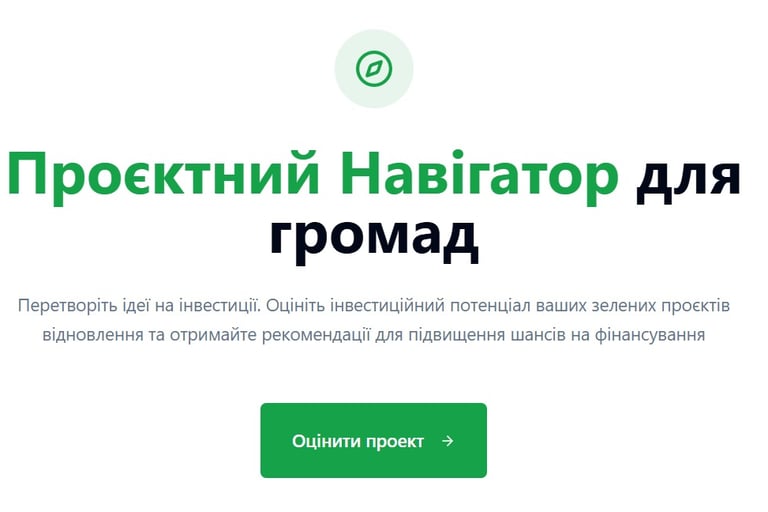

The development of the online platform for evaluating community project ideas continues, demonstrating the project’s openness to collaboration and innovation.
“We have already received several proposals to integrate the Project Navigator with various search and data platforms. Such integration will significantly enhance functionality and maximize the objectivity of project evaluations. Our project is not only evolving but is also ready to collaborate with new partners and initiatives to jointly bring the platform to the European level,”
— Ruslan Shcherbakov, President of the RCERBS Foundation.
The Project Navigator is being created to bridge the experience gap and give every community a fair opportunity for transparent and European-style reconstruction.
Stay tuned for updates!
